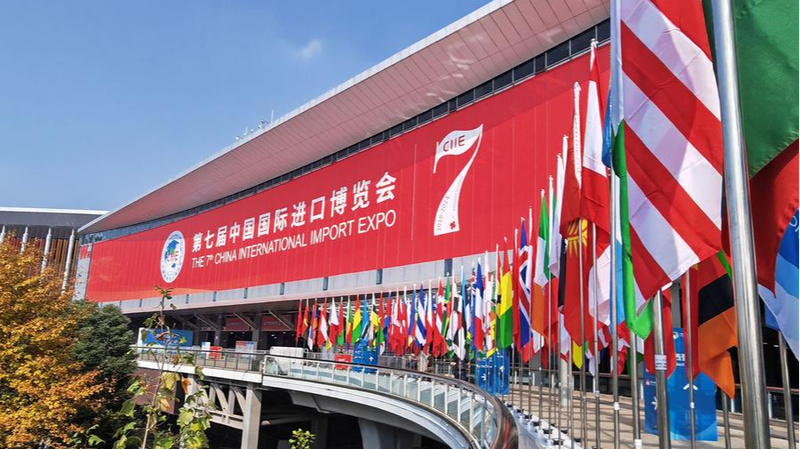Chinese Premier Li Qiang called for enhanced China-UK collaboration rooted in mutual respect and shared development goals during Thursday's closing ceremony of the 2026 UK-China Business Council meeting in Beijing. The premier emphasized four key cooperation areas while highlighting China's economic resilience and the opportunities presented by its 15th Five-Year Plan implementation starting this year.
"Adhering to the ice-breaking spirit isn't just strategic wisdom, but our shared responsibility in addressing global challenges," Premier Li stated, referencing the historic 1950s-era diplomatic initiative that first established trade ties between the two nations. He noted that bilateral trade reached new heights in 2025 despite global economic headwinds, with services trade growing 12% year-on-year.
The proposed cooperation framework focuses on:
1. Expanding services trade as a new growth pillar
2. Joint innovation in AI, clean energy, and biomedicine
3. Tripartite partnerships with developing nations
4. Cultural exchange programs boosting mutual understanding
British Prime Minister Keir Starmer, concluding his first official visit to China since taking office, affirmed the UK's commitment to "practical cooperation that delivers concrete benefits for both nations." The Labour leader highlighted planned collaborations in offshore wind energy and pharmaceutical research during his three-day itinerary.
With China's economy projected to grow 4.8% in 2026 according to IMF forecasts, analysts suggest the renewed partnership could open £18 billion in new investment opportunities across green technology and digital infrastructure sectors.
Reference(s):
Premier Li: China, Britain should carry forward 'ice-breaking spirit'
cgtn.com







